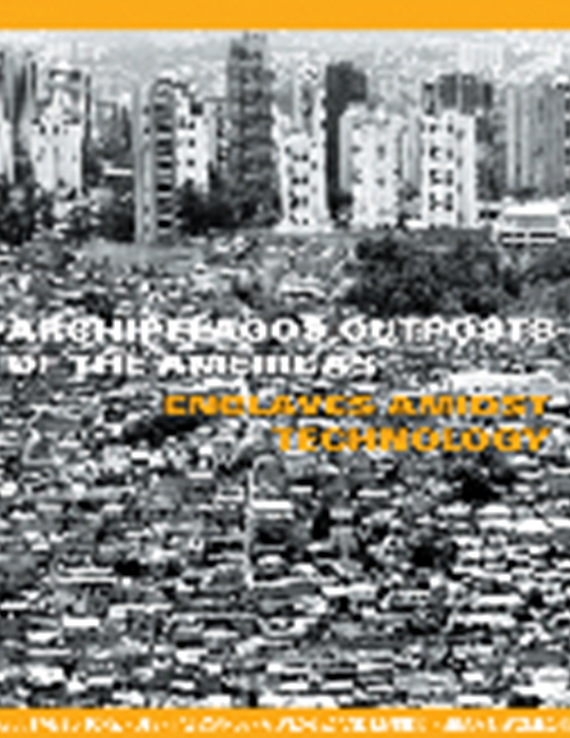Author(s): Ann Gribbin
Introducing students to basic principles of design and helping them apply those principles to the built environment is at the heart of foundational design courses. Architecture educators can draw from the field of student development theory to help them accomplish this task. William Perry’s Theory of Intellectual and Ethical Development provides a description of intellectual structural stages through which typical college students progress. Most students move from a dualistic, right-or-wrong construal of knowledge, through multiplicity, to a construct that orients them in a relativistic world. Many architectural foundation courses present basic design principles and assign abstract problems to which the design principles must be applied. These problems involve a high degree of abstraction and conceptualization. The level of development determines the student’s ability to cope with abstraction and affects their perception of the instructor’s role in the design process. This paper will first present an overview of William Perry’s theory. Next it will review objectives of different foundational courses and evaluate them in light of the theory to determine if the ideas of abstraction and conceptualization are compatible with most students’ level of development. Finally it will consider the possibilities of designing instruction to support individual students at dualistic or multiplistic levels of development and to challenge them to contextual relativism in their understanding of design.
Volume Editors
Marilys R. Nepomechie & Robert Gonzalez
ISBN
0-935502-54-8

 Study Architecture
Study Architecture  ProPEL
ProPEL 
